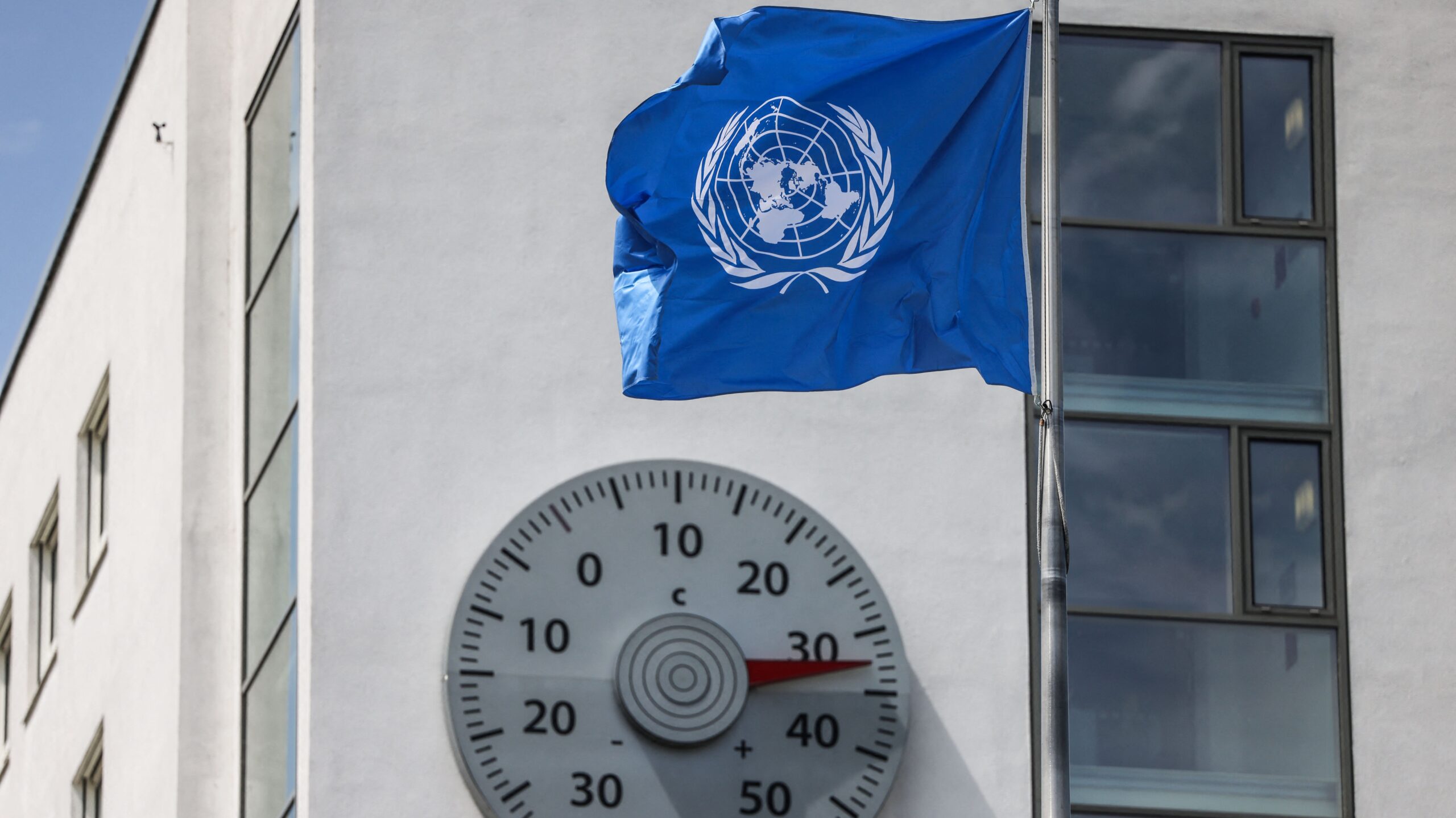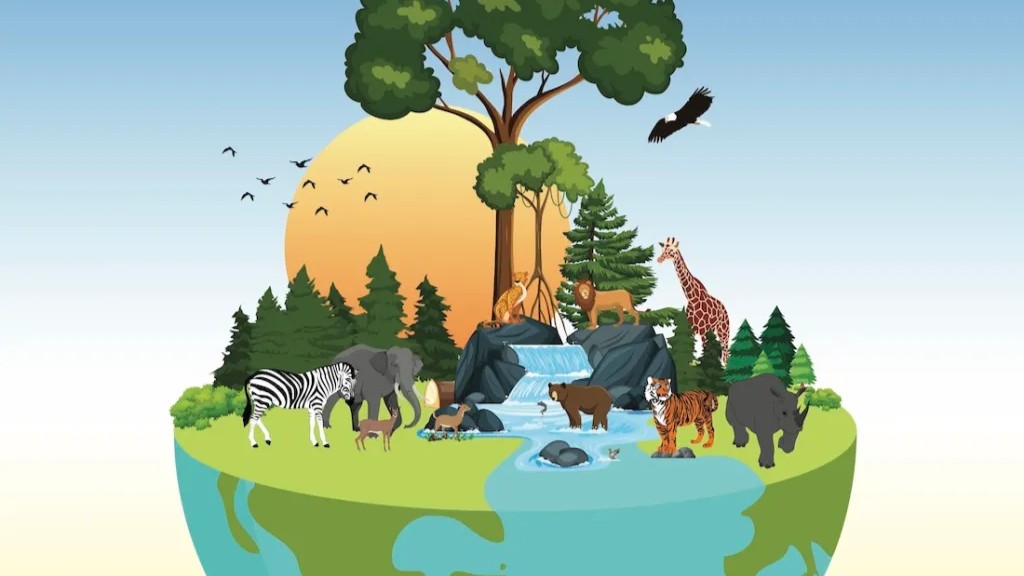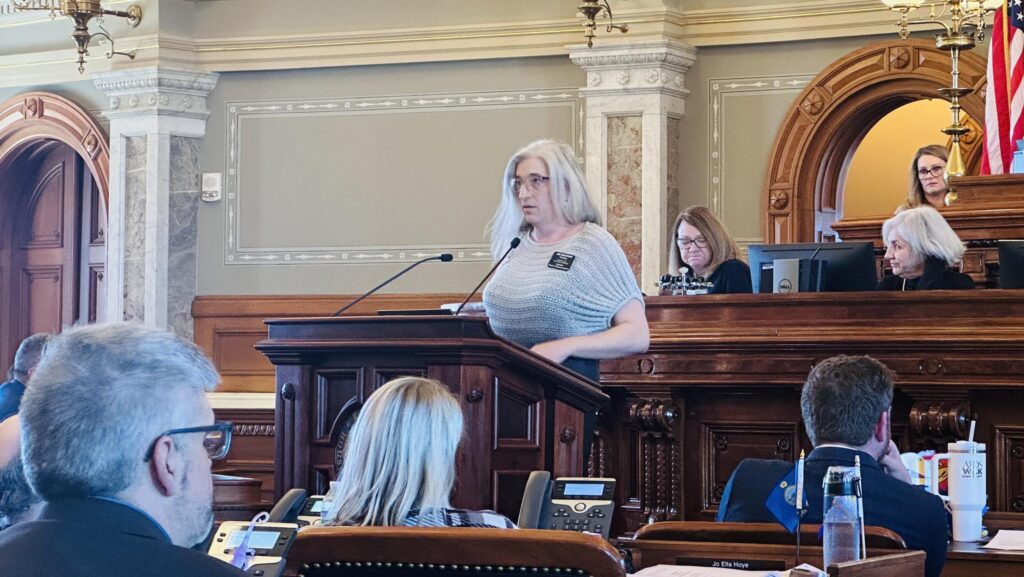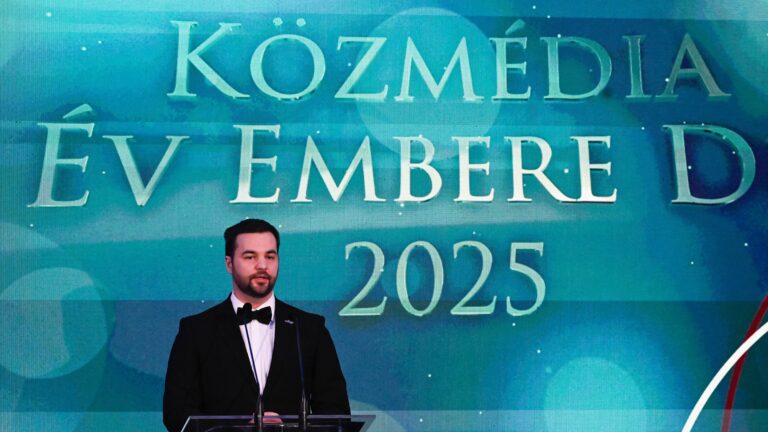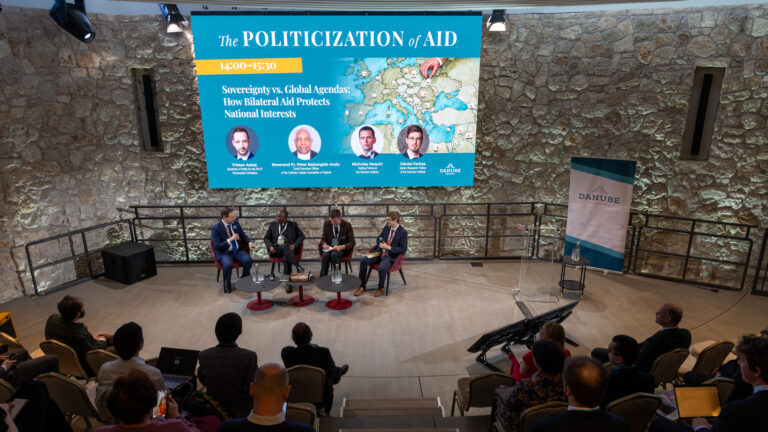In June 2025, a two-week intersessional climate negotiation took place in Bonn, Germany, aimed at advancing key issues ahead of the COP30 conference scheduled for November. During the talks, Argentina requested adding a footnote to an informal document, narrowing the concept of ‘gender’ to ‘two sexes, male and female’. This sparked a multi-day terminological debate on the intersection of gender issues and climate change.
Where Climate Change Meets Gender Inequality
Climate change does not affect all groups in society equally. This also holds true for different genders: women and other marginalized communities often suffer disproportionately from its impacts. This statement applies particularly to countries of the Global South, where some communities are increasingly exposed to climate impacts, which threaten their livelihoods, health, and safety, and further deepens existing gender inequalities.
This is evident in several key areas: floods and cyclones regularly inundate educational and healthcare facilities, increasing the risk of waterborne diseases such as cholera and typhoid, while also limiting access to essential health products like contraceptives and menstrual hygiene items. Additionally, the increasing salinity of drinking water raises the risk of cervical cancer and hypertension in coastal areas. Indirect effects include early marriage of girls, often to reduce their families’ financial burden or escape flooded areas. According to the UN’s Gender Snapshot 2024 report, climate change could push up to 158 million more women and girls into poverty by 2050—16 million more than men and boys. Today, food insecurity already affects 47.8 million more women than men worldwide.
‘The climate crisis has both ecological and social justice dimensions, particularly infringing on the rights of women and girls’
The factors undermining climate justice are the ones also driving gender inequality: unequal access to resources and structural exclusion from decision-making. While women play a crucial role in securing water, food, and fuel in many regions, they often end up with limited access to these resources. This scarcity leaves them with less time for education, work, or community participation. For example, in Bolivia’s Chiquitanía, a growing number of indigenous people must travel longer distances—sometimes to other communities or cities—for water. Since water collection is traditionally assigned to women, it disproportionately consumes their time and energy. This case clearly demonstrates that the climate crisis has both ecological and social justice dimensions, particularly infringing on the rights of women and girls.
The Gender Ideology Debate
The concept of gender first appeared in international law and policy in 1998 as part of the Rome Statute, the founding document of the International Criminal Court (ICC). Article 7(3) defines gender as ‘the two sexes, male and female’, adopting a binary approach. This interpretation has since been a subject of much debate, especially because of different perspectives emphasizing the social and cultural diversity of gender.
Over time, gender came to be viewed as a social construct. As non-binary and feminist perspectives embraced its diverse and fluid expressions, international discourse also adopted a dynamic and intersectional approach to gender identity and roles.
While Western interpretations have increasingly shifted from a biological to a social understanding of gender identity, some countries still reject non-binary approaches to the question. At last year’s COP29, for instance, Saudi Arabia, Iran, Russia, Egypt, and the Vatican categorically stood opposed to using the term ‘gender diversity’. Often, certain political leaders even rhetorically link environmental protection with the protection of women and marginalized groups, framing them as a single ideological threat.
An example of this is Argentine President Javier Milei, who brought a significant shift in the discourse on gender equality after taking power, as he was the one who called environmentalism, feminism, and gender ideology ‘various heads of the same beast’, with ‘wokeism’ as the beast itself. Court data indicates that femicides or feminicides (that is, homicides committed out of misogyny) in Argentina increased by 11 per cent last year. According to the local monitoring group Ahora Que Sí Nos Ven (Now They See Us), 89 femicides were recorded in the first five months of 2025, meaning a gender-based killing occurs every 40 hours in the country. Meanwhile, as part of its radical institutional downsizing, the Argentine government is dismantling its last state agency addressing violence against women.
‘Ideological disagreements can have severe real-world consequences for the most vulnerable social groups’
Due to their differing ideological and cultural stances, states often disagree on how and on what fora to address gender issues. Gender equality—be it about women’s rights or the social inclusion of transgender people—clearly divides the international community into two camps, even without talking about climate change. One side supports the expansion of rights and inclusion, while the other opposes this, citing the protection of traditional gender roles. Whereas states naturally hold differing views on certain issues, it is important to note that when these differences lead to hate speech or gender-discriminatory public and climate policies, they go beyond mere disagreements. The Argentine case also demonstrates that ideological disagreements can have severe real-world consequences for the most vulnerable social groups.
The Concept of Gender in the Bonn Debates
Difficulties at the Bonn Climate Change Conference were foreshadowed early on, as negotiations stalled on the very first two days, with participants unable to agree even on the agenda. Argentina played a key role. In gender discussions, its negotiators—joined by Paraguay—cited the ICC’s 1998 statute to argue for a binary definition of gender (male and female only). However, the debate was not only driven by the conservative delegations, as several countries pushed for expanding the concept. For example, Norway emphasized ‘the diversity of women’, Canada highlighted ‘gender diversity’, and Iceland outright rejected binary categorization.
Beyond questions of terminology, the terminological debate on gender also revealed ideological divides over social inclusion and its limits. Conflicts over word usage and the different interpretations of terms like ‘gender diversity’ or ‘biological sexes’ are, in reality, the reflection of which social groups states are willing to recognize, represent, and include in decision-making. Thus, the debate concerns the framework for the legal and social recognition of gender identity and the extent to which climate policy processes can mirror social realities. Therefore, linguistic choices made during climate negotiations are not neutral; they actively shape who is included in the global discourse on climate justice. Overall, gender debates are not merely semantic but a manifestation of both the obstacles in decision-making and a declining level of ambition, which equally slow substantive progress in negotiations.
Future Lessons
Amid sharply divided positions on gender issues, one of the key challenges for upcoming climate negotiations lies precisely in creating an inclusive yet politically viable system that addresses social inequalities and prevents differing views from translating into discriminatory measures. COP30 must, in this context, adopt clearer, more transparent mechanisms, and more diverse structural elements and approaches, to promote inclusive climate policy and transform terminological debates into action.
Related articles:

